Protecting Your Data with Industry Standards
We understand the importance of trust when it comes to handling your data. Our commitment to security, backed by industry certifications and strict practices, ensures that your data remains safe, private, and protected.
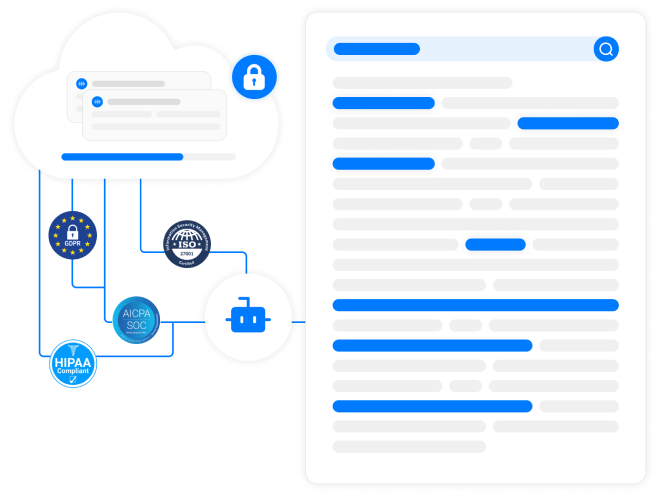
Our Security Compliance Standards

GDPR
We are fully compliant with GDPR, ensuring the protection and privacy of our users' personal data across the European Union.

ISO 27001
Tor.app and all its tools are ISO 27001 certified, reflecting our strong commitment to best practices in information security management.

HIPAA
We are actively working toward HIPAA compliance to safeguard health information and meet the specific needs of our healthcare clients.

SOC 2(3TSC)
We achieved SOC 2 compliance, ensuring our systems meet strict standards in security, availability, processing integrity, confidentiality, privacy.
Advanced Data Protection
We leverage state-of-the-art technologies and industry best practices to ensure your data is safeguarded at all times.
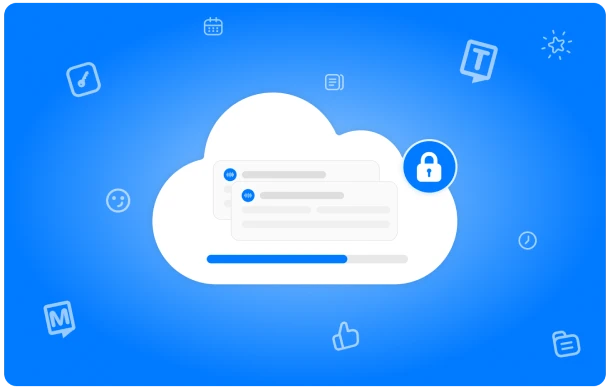
End-to-End Encryption
Your data is secured during transmission with TLS 1.2 and stored with AES-256 encryption, providing the highest level of protection against unauthorized access.
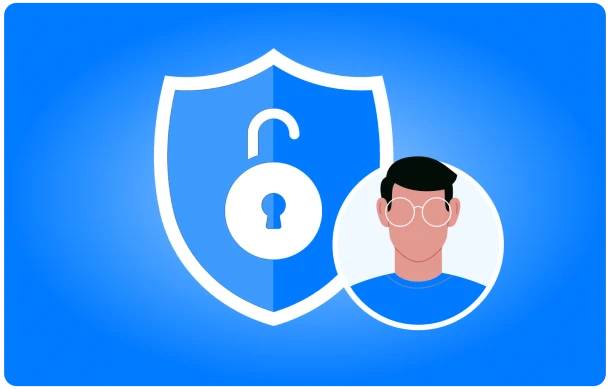
Secure Infrastructure
Our platform is hosted on high-security servers designed for maximum reliability and scalability. This fortified environment guarantees that your data is stored in a protected, resilient setting that can adapt to your growing needs.
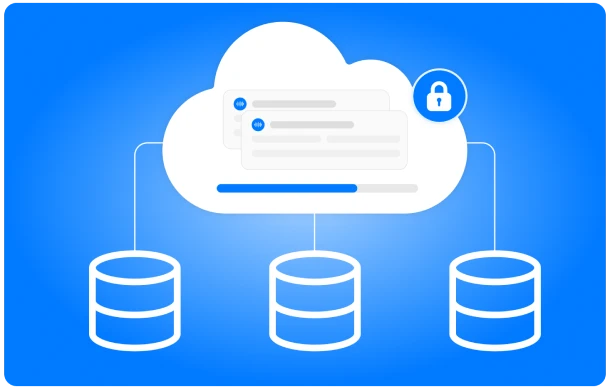
Advanced Access Control
We employ strict role-based access controls to ensure that only authorized personnel can interact with your sensitive data. This granular approach to access management minimizes the risk of unauthorized access and maintains the integrity of your information.
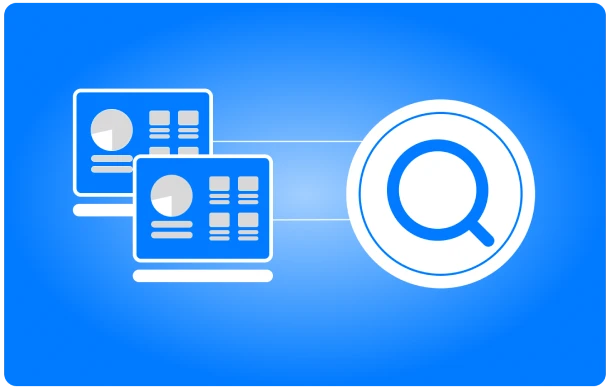
Continuous Monitoring and Audits
We conduct regular security audits and continuously monitor our systems for potential vulnerabilities. This proactive approach allows us to address and mitigate risks before they can impact your data.
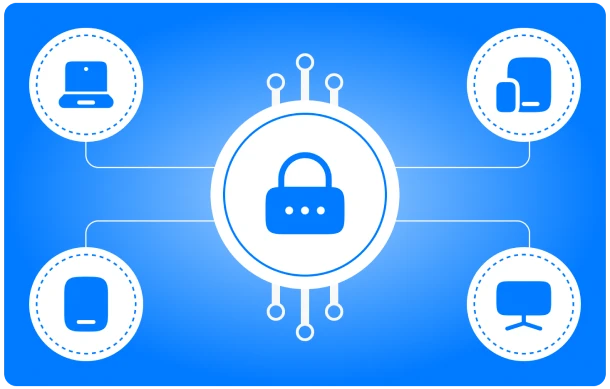
Data Backup and Recovery
Your data is backed up regularly and stored securely, enabling quick recovery in the event of an unexpected incident. This ensures that your critical information is always available and safeguarded against data loss.
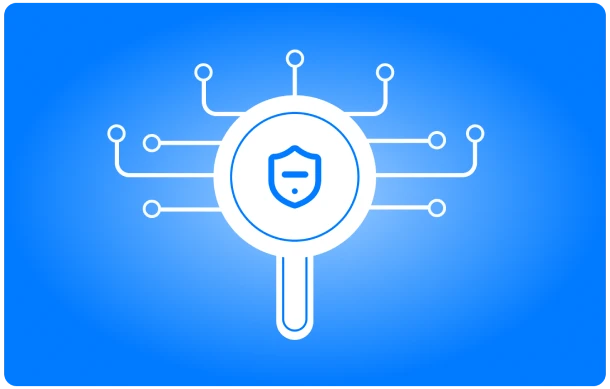
Incident Response and Management
Our dedicated security team is prepared to swiftly address and manage any security incidents that may arise. We follow a structured incident response plan to minimize impact and prevent future occurrences, ensuring your data remains safe.
Transcribe Your Audio for Easy Accessibility
Regular Audits and Testing
We conduct regular security audits, vulnerability scans, and penetration testing to identify and mitigate risks proactively.
Incident Response
Our dedicated security team is trained to respond swiftly to any potential security incidents, minimizing impact and preventing future occurrences.
Employee Training
All Transkriptor employees undergo regular security training to stay updated on best practices and emerging threats.
Frequently Asked Questions
Transkriptor adheres to industry-leading security standards, including GDPR, ISO 27001, and SOC 2. We are also actively working toward HIPAA compliance to safeguard health information for our healthcare clients.
Transkriptor secures data transmission using TLS 1.2 encryption. This ensures that your data is protected against unauthorized access while it is being transmitted.
Transkriptor employs a range of security measures, including end-to-end encryption with AES-256, advanced access controls, a secure infrastructure, continuous monitoring, regular audits, and data backup and recovery solutions.
Yes, Transkriptor conducts regular security audits, vulnerability scans, and penetration testing to proactively identify and mitigate any potential risks.
All Transkriptor employees undergo regular security training to stay up to date on best practices and emerging threats, ensuring they are well-prepared to maintain a high level of security across all operations.
Transkriptor has a dedicated security team trained to respond swiftly to potential security incidents. This team minimizes the impact of any issues and works to prevent future occurrences through proactive management and prevention strategies.
Your Data is Secure with Us
Seamlessly convert any audio or video into text with Transkriptor